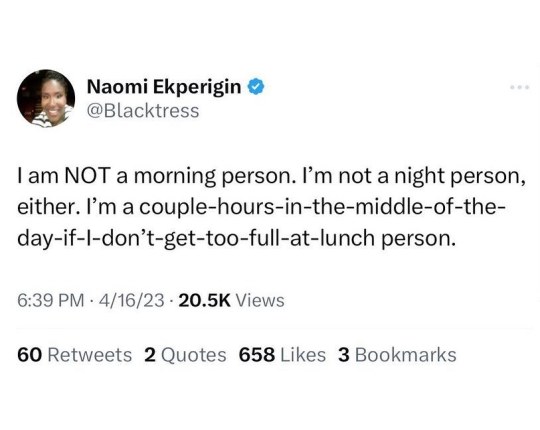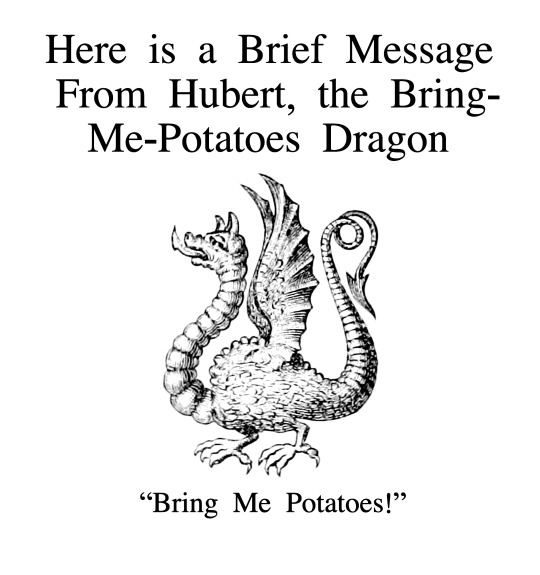Photo
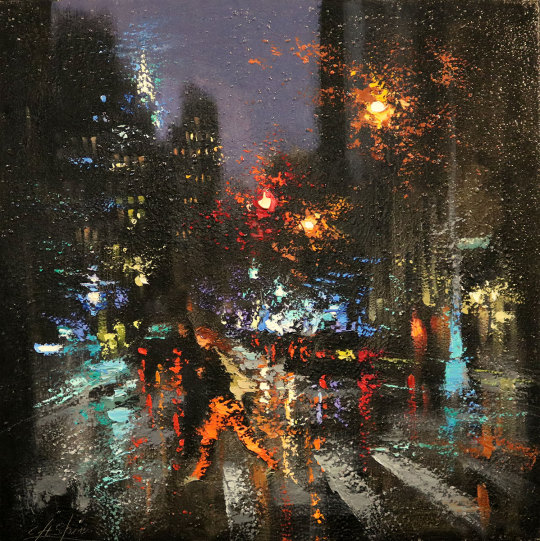
Rainy Day 9 After the Rain - Chin H. Shin
Korean,b. ?
Oil on canvas, 24 x 24
57K notes
·
View notes
Text
79K notes
·
View notes
Text
The difference between a fetish and a kink is that a fetish grows down from the ceiling but a kink grows up from the floor
46K notes
·
View notes
Text
got told at lunch "you feel like Tumblr Incarnate" and i had to tell them i've been here for 13 years and counting. i was here three years before dashcon happened. i saw the mishapocalypse. i survived the gigapause. i've been here longer than the shoelaces post. i've been here since it was hipsters versus fandom and i played both sides extensively by overdoing the sepia filters on everything and making my own flashing galaxy gif edits for my fandom posts. i'm every tumblr. it's all in me
130K notes
·
View notes
Text
listen, I’m not the biggest fan of kids but if a child looks at me then you bet I’m gonna smile back at them. kids deserve to experience the world as a kind and safe place to explore okay.
564K notes
·
View notes
Text

1K notes
·
View notes
Text

Roasted chicken, ginger, daikon, shiitake mushroom soup with lime, cilantro, broccoli sprouts, and rice noodles
167K notes
·
View notes
Photo
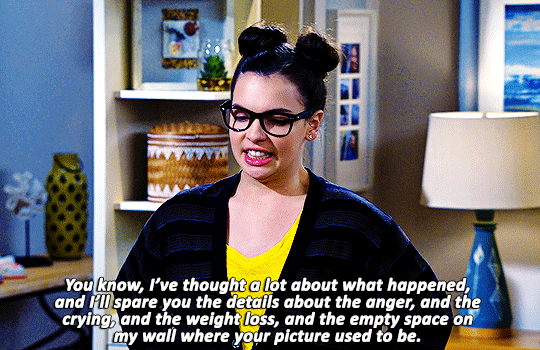
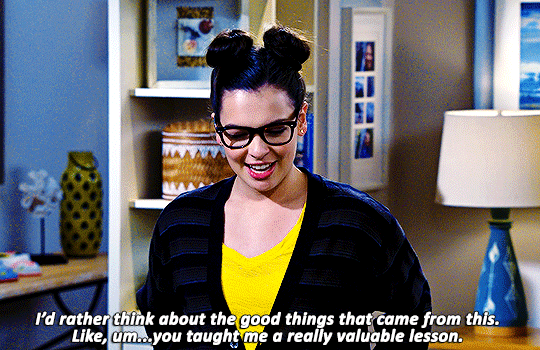

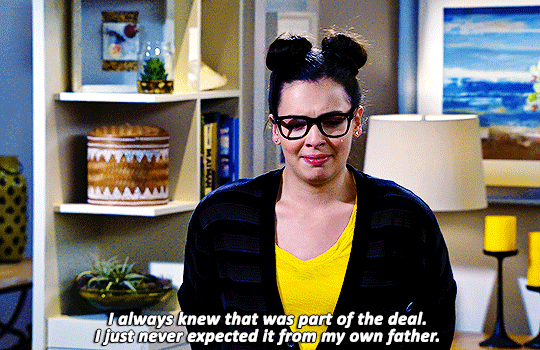
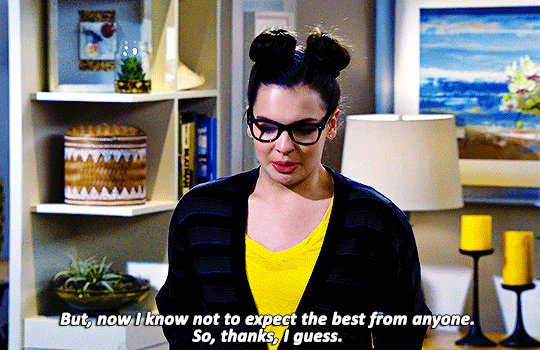

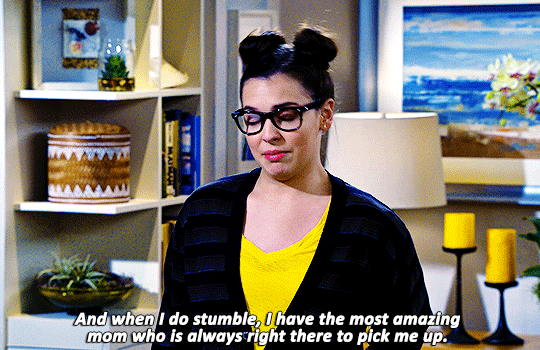
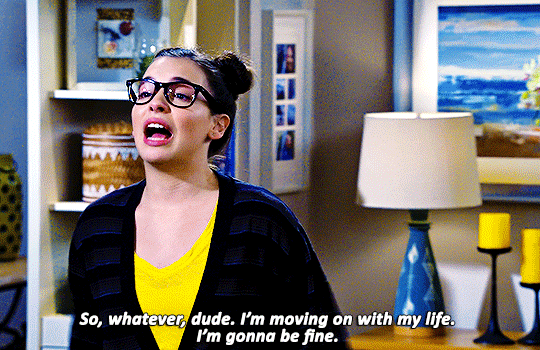


@lgbtqcreatorscreator bingo— [2/10] lgbtq+ characters → elena alvarez from one day at a time (2016—2020)
4K notes
·
View notes
Text
You know what fantasy stories don't use enough? Different measuring scales, and confusion caused by them. Because before the metric system, practically every place and culture had their own measures for weights, lengths and distances. It would be fun to add that into a story for added realistic cultural confusion.
The average dwarf is four or five feet tall, but not in human measures. Yeah they're still shorter than humans but the dwarf foot (and the namesake measure of length) is bigger in proportion to their body. "Is that in dwarf feet or human feet?" is a common question to hear on construction sites, wherever human carpenters and dwarf masons are working together.
A dedicated local Common Misconception Historian has a pet peeve about the whole "princess Featherblade was only 12 years old when she led the attack on Marshland Halls" -myth, because the historical recordings on the human side are off. While she was remarkably young, that myth came about back in the day when humans were still trying to apply "dog years" to elves, and in an elven life span, 120 years is not a direct equivalent to a 12-year-old human.
A whole culture whose smallest unit of weight loosely translates to "about as much as an apple", and varies from region to region depending on the size of local apples. These people are famed for their alchemists, whose uncanny ability to simply measure their ingredients by heart, making their recipes essentially impossible to replicate. This famed skill is a matter of survivor bias - the ones that don't have that knack ten to explode into fine mist.
#Rip to robert Jordan you would have loved this post#RJ like here’s my index of the 3 main calendars used obviously there are more#each coin is worth a different amount in each country#nerds
13K notes
·
View notes
Text
Tracy Chapman and Luke Combs performing Fast Car at the Grammys
38K notes
·
View notes
Text
Be right back I'm losing my mind about Selucia
48 notes
·
View notes
Text

There is a new subreddit called r/PeriodPantry that allows people who need period products to post wishlists. Many people are forced by poverty to chose between menstrual hygiene products and other necessities, and may end up skipping meals or suffering health problems or social isolation as a result of lacking hygiene products. Please feel welcome to post a period product wishlist, fulfill a wishlist, and/or reblog this post to help it reach others.
26K notes
·
View notes
Text
Something deeply suspicious about doing maintenance tasks all day (laundry, cooking, shopping, project planning, gardening) and wrapping up before bedtime like wait… you mean after the dishes are done I can do anything? That seems illegal
24 notes
·
View notes
Text
42K notes
·
View notes
Text
I’ve been thinking about disabled protagonists in Star Trek recently, which got me thinking about Seven of Nine. It’s interesting because I’m almost certain the writers of Voyager did not intend to write a disabled character, but they ended up accidentally writing one anyway, and one whose arc I find surprisingly compelling as a disabled person myself. Seven is dependent on electronic devices both inside her body and external to it in order to survive and she requires regular medical treatment and specialized adaptations to her environment in order to function. She is absolutely canonically disabled (as are all the other ex-Borg in Star Trek), even if the writers probably weren’t aware of that. The major reason that I think Seven’s arc resonates with me so much is because it reflects a deep tension between independence and dependence that is a fundamental and complex part of so many disabled people’s lives.
To be disabled is to be deeply aware at all times of your own dependence on external things (such as wheelchairs, canes, medications, etc.) and other people. At the same time, to be disabled is to also be deeply aware of the societal standards of independence and self-sufficiency you are constantly failing to live up to. You cannot do things that people are “supposed” to be able to do independently. You need help for basic tasks, and you have no choice but to trust that these external supports you are dependent on will not suddenly disappear, causing you to be unable to participate in society at all. It’s difficult to express to someone who hasn’t experienced it how much being disabled forces someone to consider their own level of dependence and independence constantly, how it becomes a deep part of one’s identity and can often be a source of trauma.
Seven’s arc on Voyager is often focused on the nature of individuality, but it is interesting how often “individuality” becomes a stand-in for independence. Seven’s disability makes her deeply dependent on the crew and resources of Voyager for survival. She could theoretically leave and use her own skills to do maintenance on her implants and install an alcove somewhere to keep herself functioning, but it would be a great risk, and her safety would be constantly in doubt. At the same time, Seven hates this dependence. She tries to rely on other people as little as possible, hating her need for the Doctor to diagnose issues with her implants and refusing to ask for help until she has no other choice. She hates this dependence because she sees it as challenging her ability to become a complete “individual” who is able to make her own autonomous choices. She hates this dependence because it forces her to rely on other people who could at any time abandon her or abuse their power over her.
So it’s far less frightening to pretend this dependence doesn’t exist, to hide it even from herself. Seven’s arrogance in her own abilities, her focus on her intellect and vast knowledge and superior physical abilities are in many ways genuine, especially early on. But at what point does this confidence in her own abilities – this reassurance that she is smart enough and strong enough to control her own destiny and be a true individual – become a coping mechanism to deal with the reality of her dependence on objects and people outside of her direct control?
Seven is told often by members of the Voyager crew that being an individual who makes her own choices and decisions is what she should strive for. And at the same time, those same people often exert control over her, attempting to restrict her autonomy. Janeway or the Doctor tell her that they know better than her what her needs are – that being an individual only goes so far. Seven’s anger at this contradiction is one of my favorite parts of her character, partially because it captures a similar feeling of anger deep inside me when I think about the ways society constantly pressures disabled people to maintain standards of independence impossible to live up to while at the same time deeply restricting our autonomy and freedom.
In the episode “Imperfection”, Seven says that what she wants most is to be useful. To be useful is to be a valuable part of society – someone who is self-sufficient and talented and certainly not deeply dependent on other people for basic survival. To be disabled is to have society constantly demand that you be useful, that you be independent and strong and never let your disabilities limit you. And at the same time, to be disabled is to discover over and over that you can never be that fully autonomous, fully functional human being seen as ideal in society. No matter what you do – no matter how far you run from the truth – it’s an impossible reality to escape.
871 notes
·
View notes
